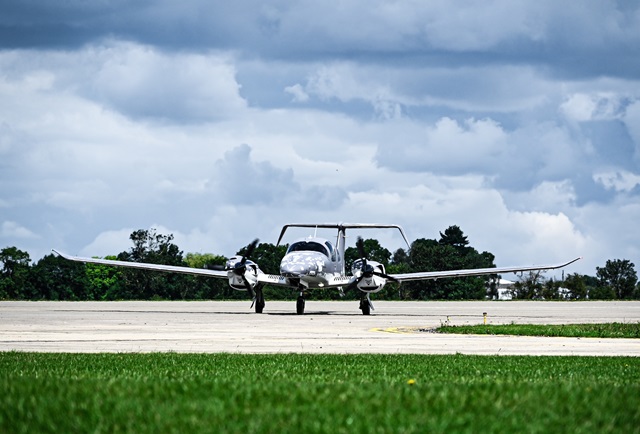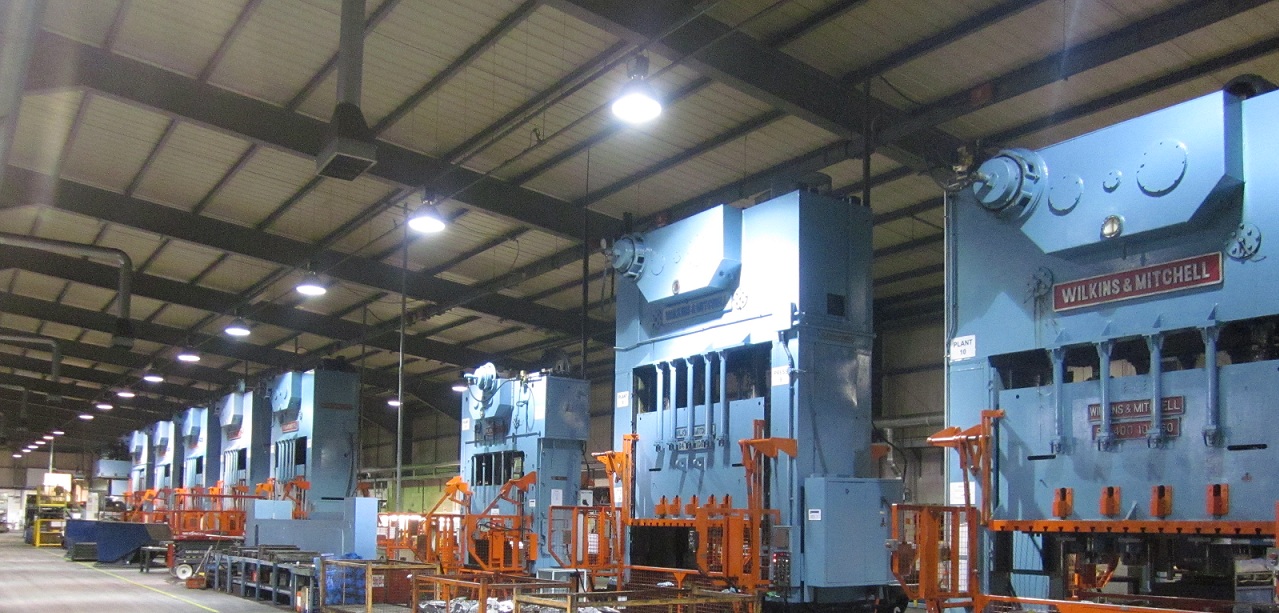Raytheon tech to protect aircraft against lightning strikes

Turbulence during air travel can be a nail-biting experience, but what happens to an aircraft during an electrical storm when storm clouds are power-surged like gigantic capacitors?
In such a scenario, lightning paths travel cloud-to-ground or cloud-to-cloud and sometimes aircraft in flight can form part of the path. The outer skin of the aircraft, which is traditionally aluminium, does much to accommodate the lightning’s path, and currently voltage ‘surge suppression’ devices are used to protect aircraft electronics.
Raytheon UK is lending its world-class expertise in high-temperature silicon carbide to partner on a project that would provide aircraft electronics and wiring with a more efficient device to protect against lightning strikes, which can damage sensitive equipment.
The innovative project – led by Controls and Data Services (part of the Rolls-Royce Group) and which also includes Newcastle University in the role of design authority and TT Electronics Semelab – is exploring the use of Raytheon’s and Newcastle University’s high-temperature silicon carbide technology to make Current Limiting Diodes (CLDs); a new kind of lightning protection device which stands to reduce the amount of electrical energy traditional suppressors have to deal with during a lightning strike.
“With today’s composite materials replacing metallic components and skin materials, the reduced electrical screening in airframes is forcing a rethink of lightning protection architectures,” said John Kennedy, head of Raytheon UK’s Integrated Power Solutions. “Current Limiting Diodes will essentially absorb much of the electrical energy that the dampening device would otherwise have to channel during a lightning strike.”
The two-phase project, funded under Innovate UK, is currently in phase one; Newcastle University is conducting electrical characterisation tests while TT Electronics Semelab develops the CLD packaging.
Kennedy is keen to express the importance of not compromising the lightning protection function in striving for lighter and more fuel-efficient aircraft: “CLDs have the potential to absorb excess energy surges induced in the electrical wiring by a lightning strike, while reducing the size and therefore the weight of the traditional suppressor devices. Therefore CLDs solve a specific problem of dealing with electrical surges by dissipating induced lightning energy more efficiently, while also contributing to the industry’s weight-saving goals.”
Greg Wells, Chief of Research & Technology, Control Data Services (CDS), part of the Rolls-Royce Group said: “CDS have pioneered the Current Limiting Diode to combat the rising likelihood of lightning strike damage in composite aircraft. We are developing several innovative projects involving Silicon Carbide which provide unique properties in electronics as they ultimately result in a lighter system and are able to operate at higher temperatures than existing silicon components. We are now working in partnership with Newcastle University, Raytheon, and TT Electronics to advance the technology for more robust, scalable and durable electronics boards for engine control systems.”
With the project expected to be completed by late 2015, Raytheon UK’s innovative high-temperature silicon carbide solution to guard against lightning strikes will soon be the eye in the storm.












